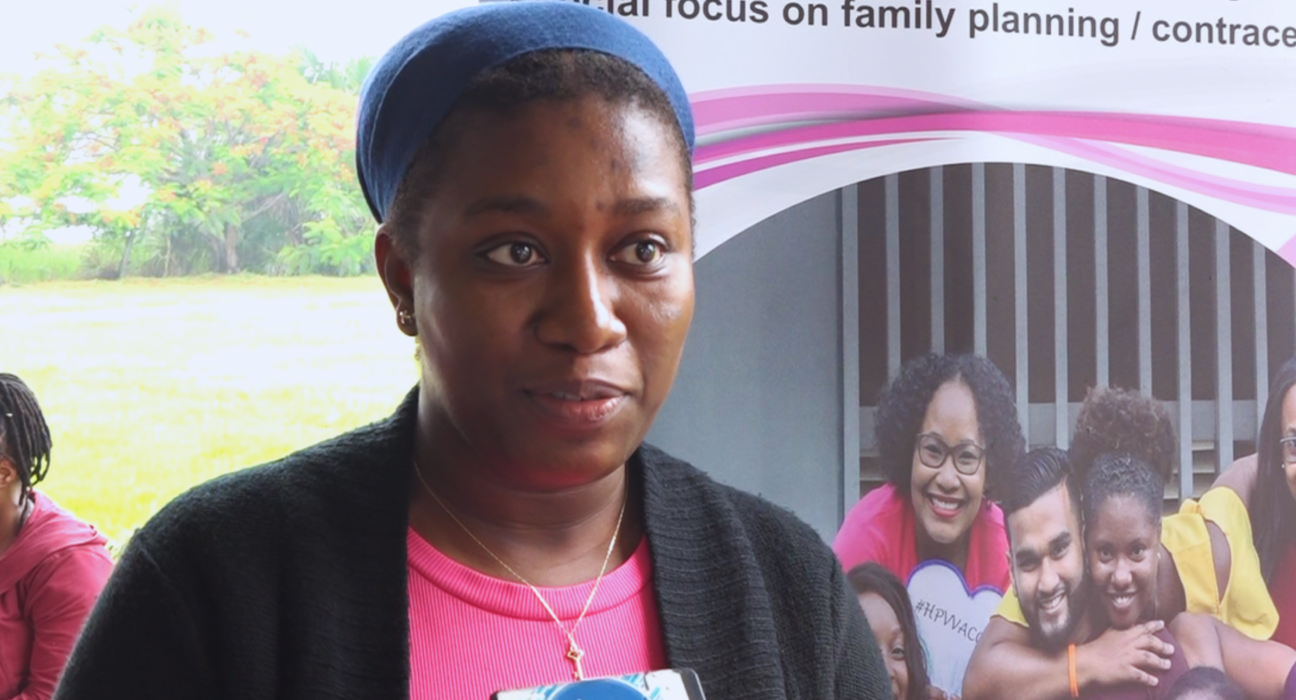By Nakasia Johnson
As the world marks Menstrual Health Hygiene Day today, it is essential to highlight the importance of menstrual health awareness and proper hygiene practices.
This awareness plays a crucial role in empowering women and girls, contributing significantly to their overall health and well-being.
Menstruation, often referred to as the “monthly cycle,” is more than just a natural process; it is a key indicator of a woman’s health.
Medical professionals, including Dr. Sara Scott, emphasize the importance of understanding the menstrual cycle.
Speaking at a recent Menstrual Hygiene Fair at the Girl’s Guide Pavilion, Dr. Scott highlighted that understanding one’s menstrual cycle can provide significant insights into a woman’s general health.
“A lot of women do not know on average how many days of regular menstrual cycle is, which is generally 21 – 35 days,” Dr. Scott explained. “They don’t know that the period itself, the period is the amount of days you bleed, the cycle is the entire day of the period to the last day before your next period“.
Tracking menstrual cycles is essential for identifying any irregularities, which could signal underlying health issues.
Dr. Scott detailed the biological process, noting that the menstrual period occurs when the endometrial lining and an unfertilized egg are shed, marking the start of a new cycle.
Menstrual Hygiene Day serves as a platform for raising awareness about menstrual hygiene management and dispelling myths surrounding menstruation.
At the Menstrual Hygiene Fair, information was shared, and feminine products were distributed to educate and support women and girls.
Despite progress, significant gaps remain in menstrual health and hygiene, particularly in schools.
The World Health Organization reports that many schools lack adequate facilities and education on menstrual health, leading to issues such as period poverty, where girls lack access to menstrual products.
First Lady Arya Ali has been a strong advocate for menstrual hygiene, leading a campaign to supply feminine products to girls in need.
This initiative aims to end period poverty and ensure that school-age girls can attend school without interruption due to their menstrual cycles.
Access to safe and hygienic menstrual products, adequate sanitation facilities, and education on menstrual health are vital for the well-being and dignity of women and girls.
This year’s Menstrual Hygiene Day theme, “Period Friendly World,” underscores the importance of creating an environment where menstruation is not a barrier to education or participation in daily activities.

